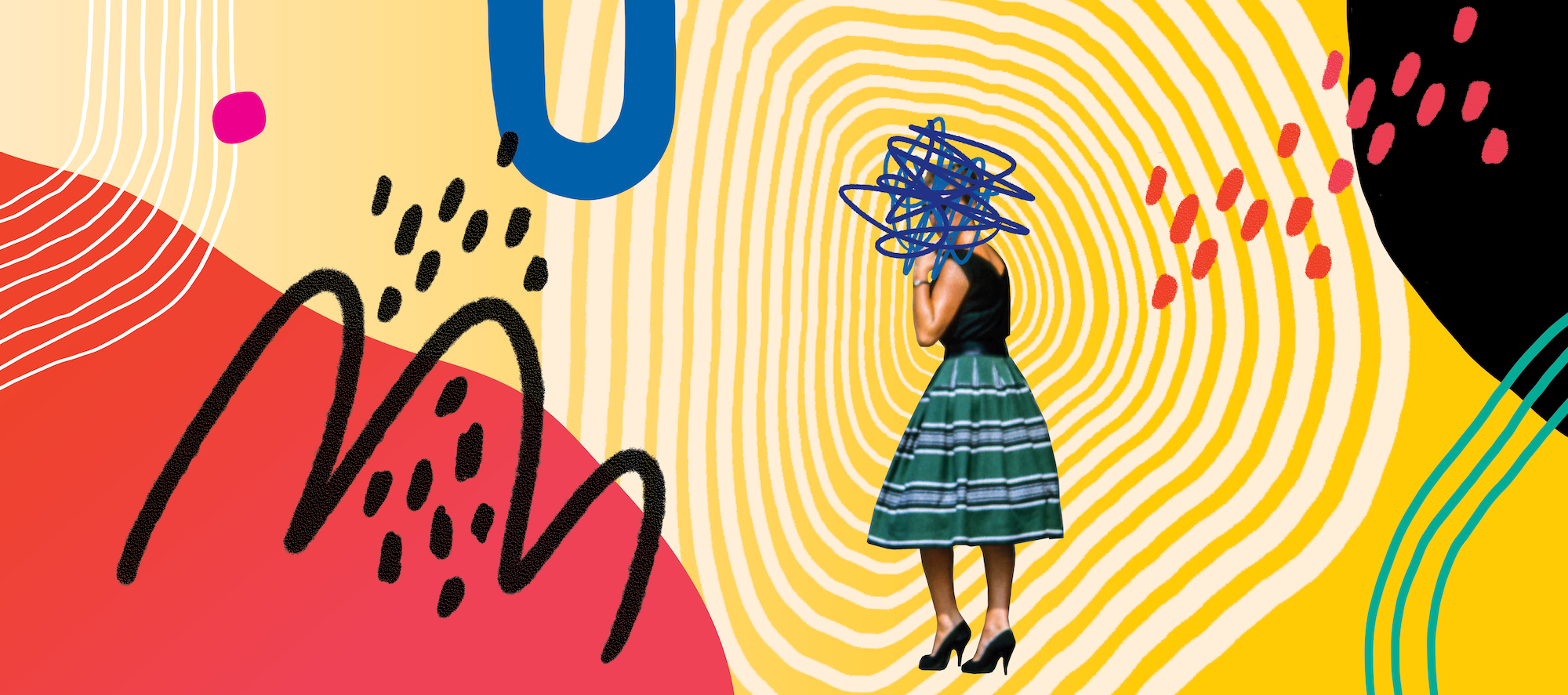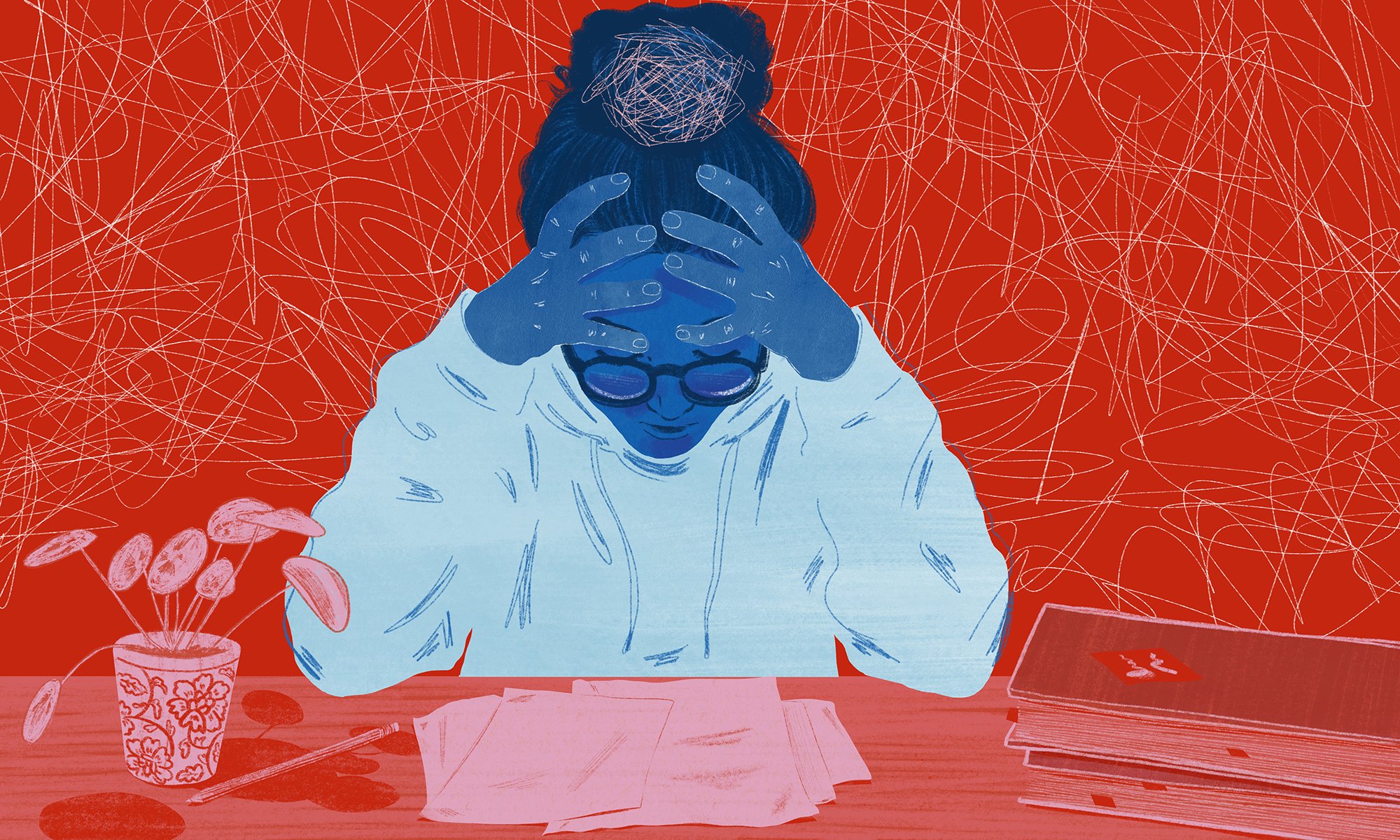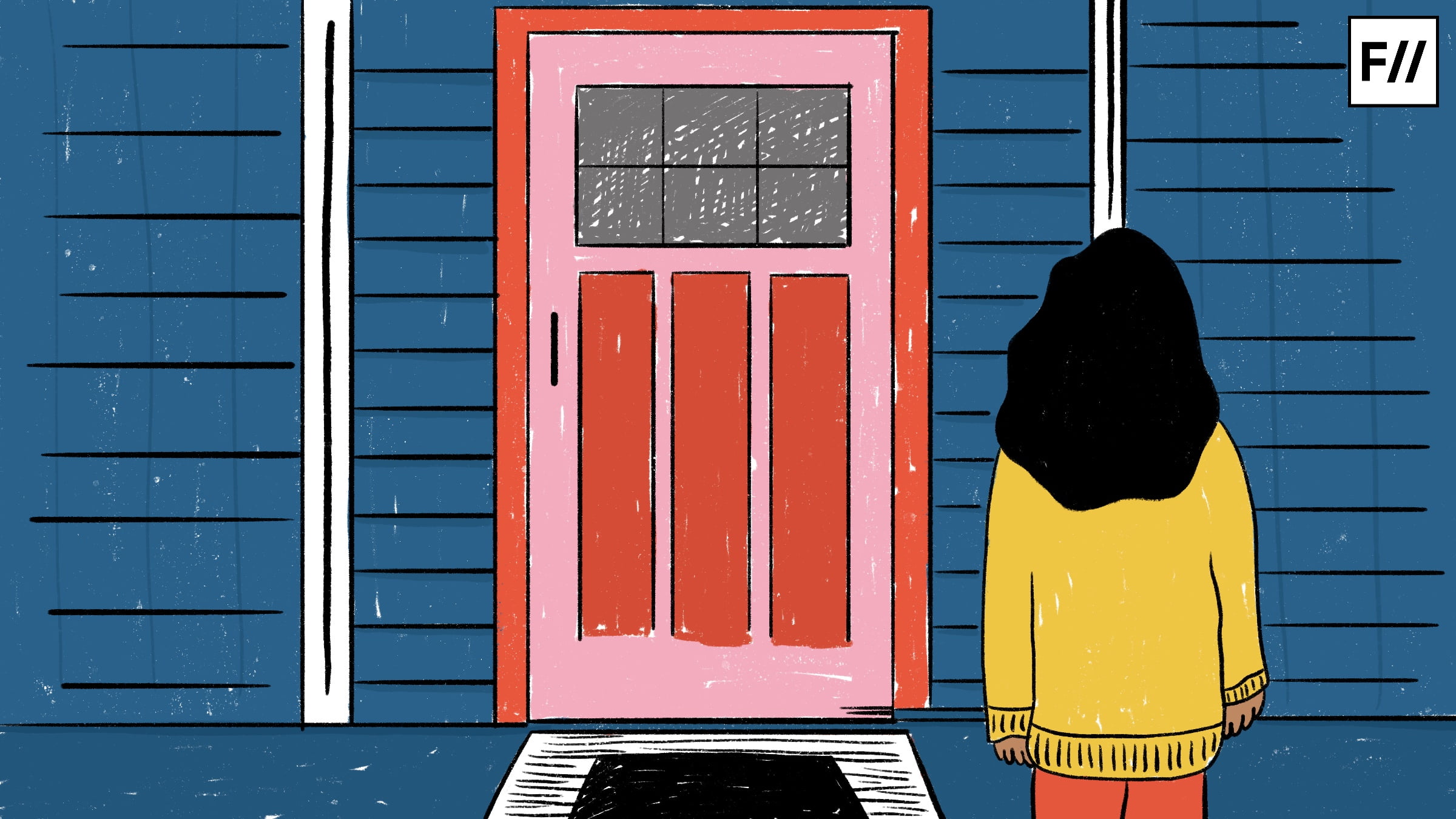Trigger Warning: Anxiety attack / Panic attacks
Most people experience feelings of anxiousness and panic due to several reasons during their lifetime. Everyone goes through worries and fears that trigger vague and unpleasant feelings of apprehension. Experiencing occasional anxiety is normal, however, when a person undergoes these feelings to an extent that it interferes with their routine activities and daily functions, it is characterised as a disorder, commonly known as, anxiety disorder.
Panic attacks fall within the umbrella of anxiety disorder, where suddenly, the individual goes through intense fear when there is no real danger or apparent cause. A person having a panic attack may feel like they are losing control, having a cardiac arrest or choking. A panic attack is the real manifestation of these signs, whereas when a person is constantly worried about aving more panic attacks, it is called panic disorder.

Signs of panic attack
Many people have described their experience of a panic attack as a ‘near death experience’, something they have mistaken to be a heart attack or a stroke. Though the reasons for having a panic attack can be known as well as mysterious, the fear of having another panic attack might trigger and cause more attacks.
Though genetics and life experiences may be the cause for panic attacks, the exact reasons of developing them are unknown. Factors like family history of panic attacks or panic disorder, life stress such as the death or serious illness of a loved one, major changes in life, smoking or excessive caffeine intake, trauma from abuse, etc increase the risk of undergoing panick attacks
Cindy J Aaronson, an Associate Clinical Professor with clinical interests in panic disorder and generalised anxiety disorder explains, “A panic attack is an overreaction of the body’s normal physiological response to the perception of danger. This response starts with the amygdala, the region of the brain involved in processing fear. When the amygdala perceives danger, it stimulates the sympathetic nervous system, which triggers the release of adrenaline, which prompts an increase in the hearth and breathing rate to get blood and oxygen to muscles of arms and legs; and it also sends oxygen to brain making it more alert and responsive. During a panic attack this response is exaggerated causing a racing heart, heavy breathing and hyperventilation.”
Panic attacks have many variations, and different people experience them in different intensities. Some common symptoms of panic attacks include: sense of impending doom or danger, fear of loss of control or death, rapid, pounding heart rate, sweating, trembling or shaking, shortness of breath or tightness in the throat, chills, hot flashes, nausea, abdominal cramping, chest pain, headache, dizziness, lightheadedness or faintness, numbness or tingling sensation, and the like.
Though genetics and life experiences may be the cause for panic attacks, the exact reasons of developing them are unknown. Factors like family history of panic attacks or panic disorder, life stress such as the death or serious illness of a loved one, major changes in life, smoking or excessive caffeine intake, trauma from abuse, etc increase the risk of undergoing panick attacks.
Recently, the Covid-19 pandemic has also had a huge impact on the mental health of individuals. With increasing concerns over job security, witnessing the death of loved ones, not being able to have access to basic facilities, withstanding health challenges and the like, have all added to anxiety and panic disorder among people.
Also read: “Breathe. All Is Well.” —How I Dealt With Panic Attacks
Difference between panic attack and anxiety attack
The terms panic attack and anxiety attack are sometimes used interchangeably. Though they both have many overlapping symptoms, the treatment for each one of them is different. The guidelines set out by the diagnostic and statistical manual of mental disorders, fifth edition, (DSM- 5), for classifying panic disorder helps to give an outline about the basic difference between both.
Panic attacks can be a really distressing experience for a person, especially when the reasons for the same are not known. It can have a profound impact on routine activities and can lead them into isolation. It is important to reach out and seek help from friends, family and doctors; and it is also significant for the loved ones of the people diagnosed with panic disorder, to be patient and supportive
Anxiety attack usually occurs in the presence of some external stimuli or stressor that induces worry and stress. A person might be stressed about their work, or any family related problem or any financial burden. and overtime, when the stress becomes overwhelming, anxiety builds.Anxiety attacks usually last less than 30 minutes.
A panic attack on the other hand, usually lasts less than 10 minutes. There are two types of panic attacks: expected and unexpected panic. Expected panic attacks occur when an incident or an external stimuli triggers it, such as a phobia. Whereas unexpected panic attacks occur ‘out of the blue’, with no specific or known cause.

Treatment for panic disorder
The most effective way of treating one’s panic attack is to consult a psychotherapist. Cognitive behavioral therapy(CBT) that adopts a psychosocial approach to delineate psychopathology has been effective in treating panic and anxiety disorder, OCD and depression. It relies on five steps; firstly, the patients learn about the basics of the panic disorder and its symptoms; then they monitor their panic attacks; third, they work on breathing and relaxation techniques; fourth they start rethinking their beliefs about a panic attack from a catastrophic to a more logical and a realistic level.
Apart from therapy and counseling a doctor may provide certain antidepressants to prevent any future panic attacks.
Panic attacks can be a really distressing experience for a person, especially when the reasons for the same are not known. It can have a profound impact on routine activities and can lead them into isolation. It is important to reach out and seek help from friends, family and doctors; and it is also significant for the loved ones of the people diagnosed with panic disorder, to be patient and supportive.
Also read: Coronavirus And A Panic Stricken World That Cares Little About Mental Health
About the author(s)
Ishita is a student of Political Science (Honors) at Kamla Nehru college, Delhi University. In the world of patriarchy, she is not someone who is afraid to voice out her beliefs and speak up for them. Though mostly cheerful and friendly she is very particular about her deadlines and perfection in her chores







Loved this article✨